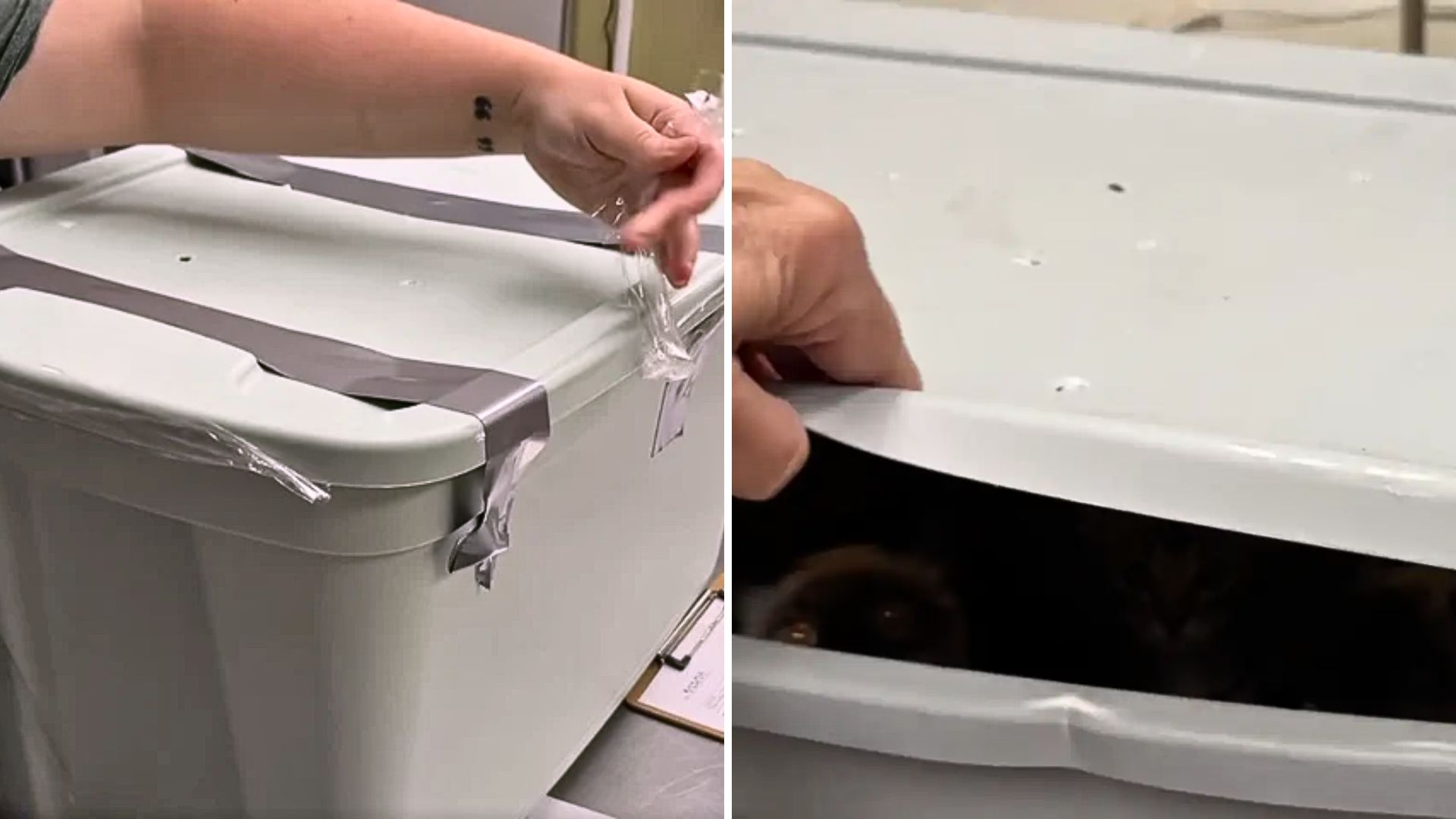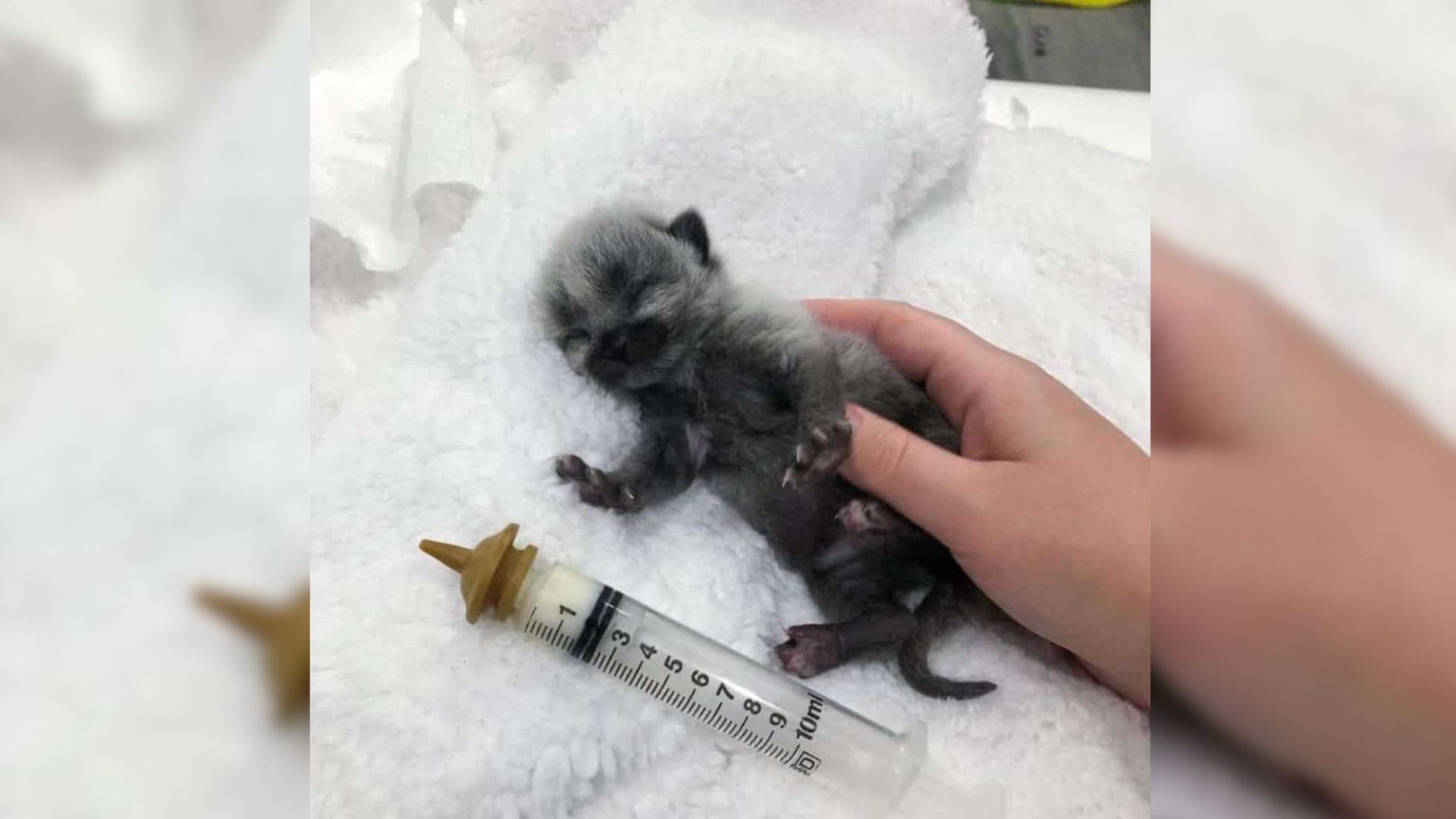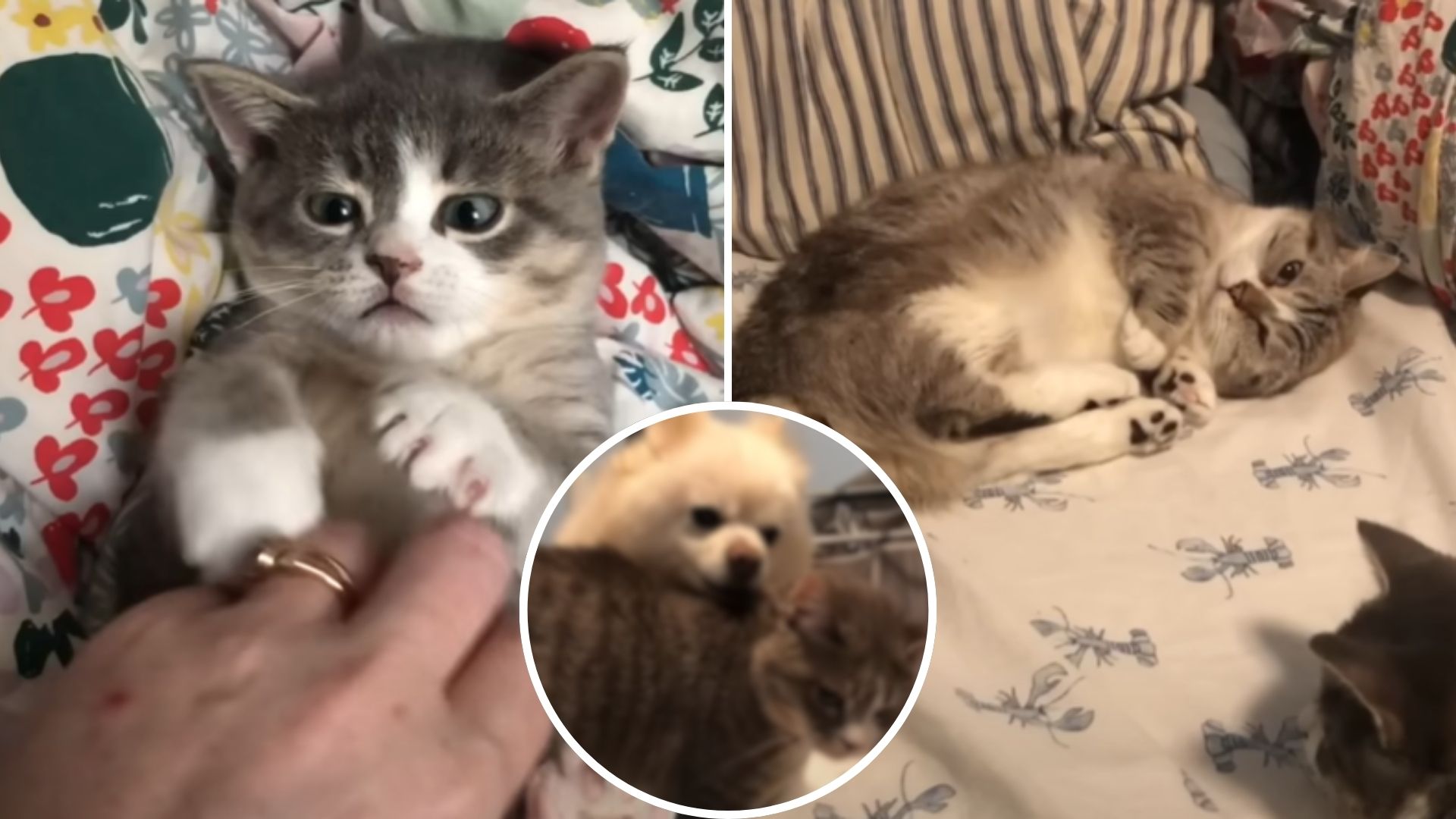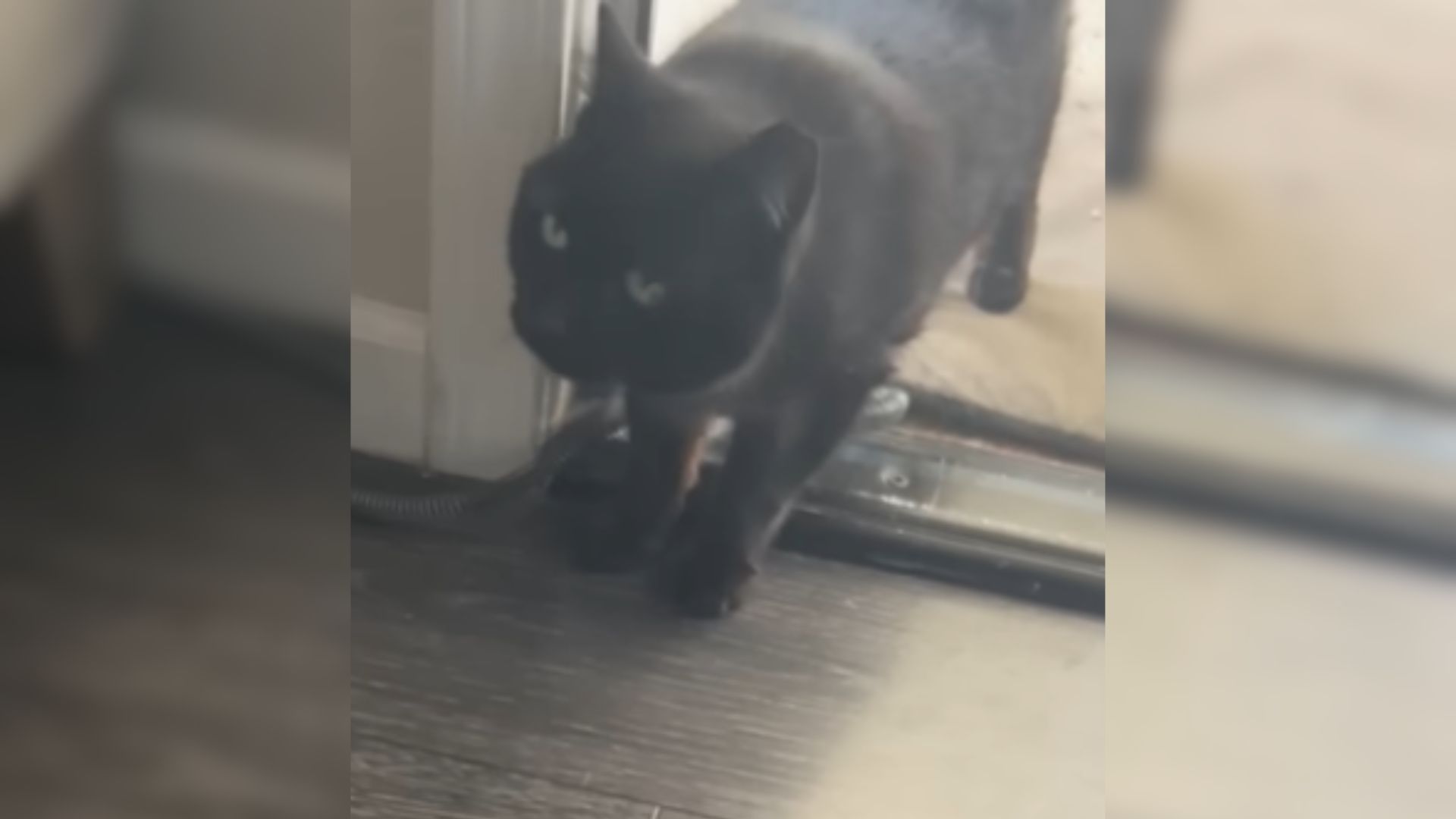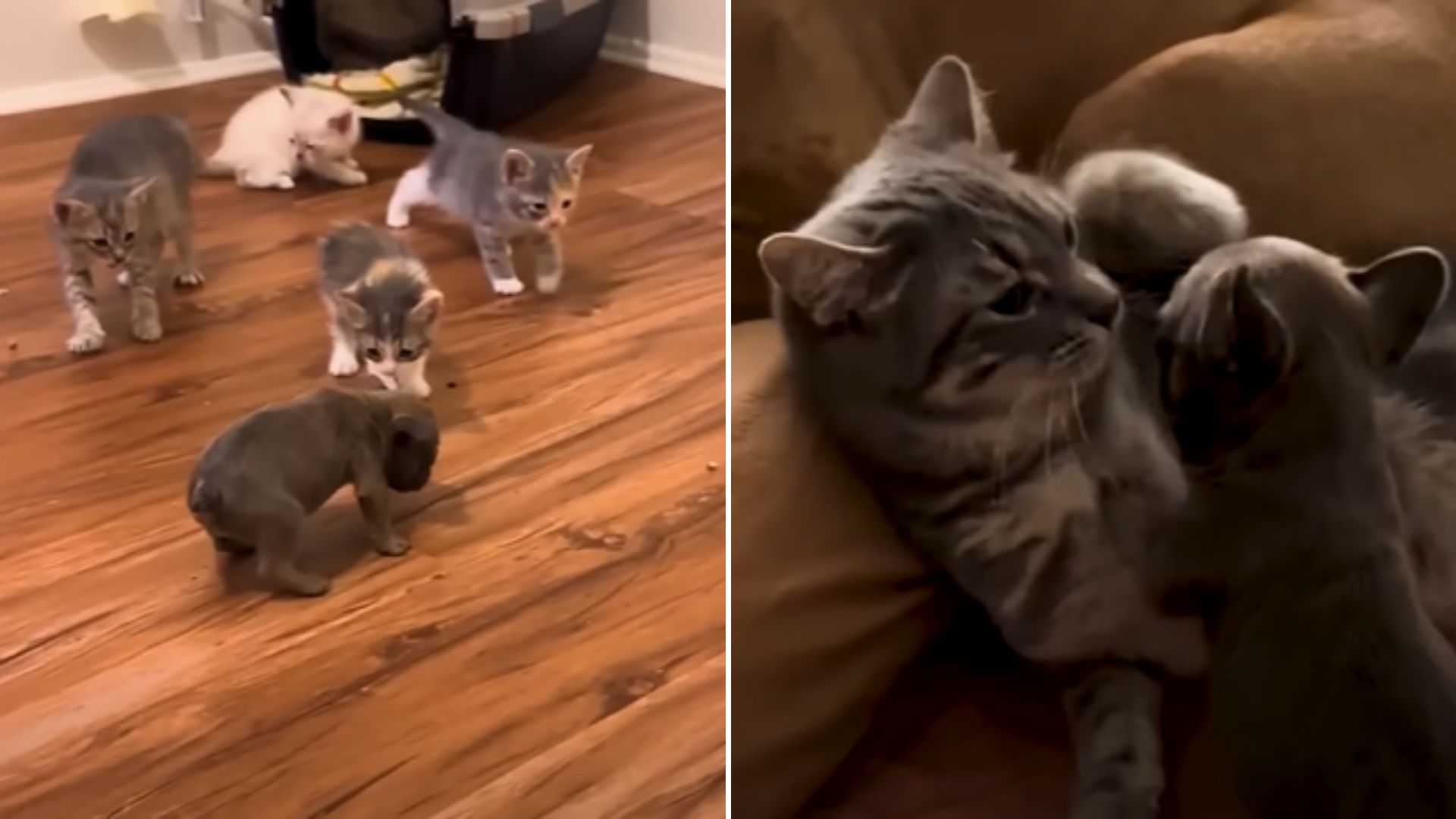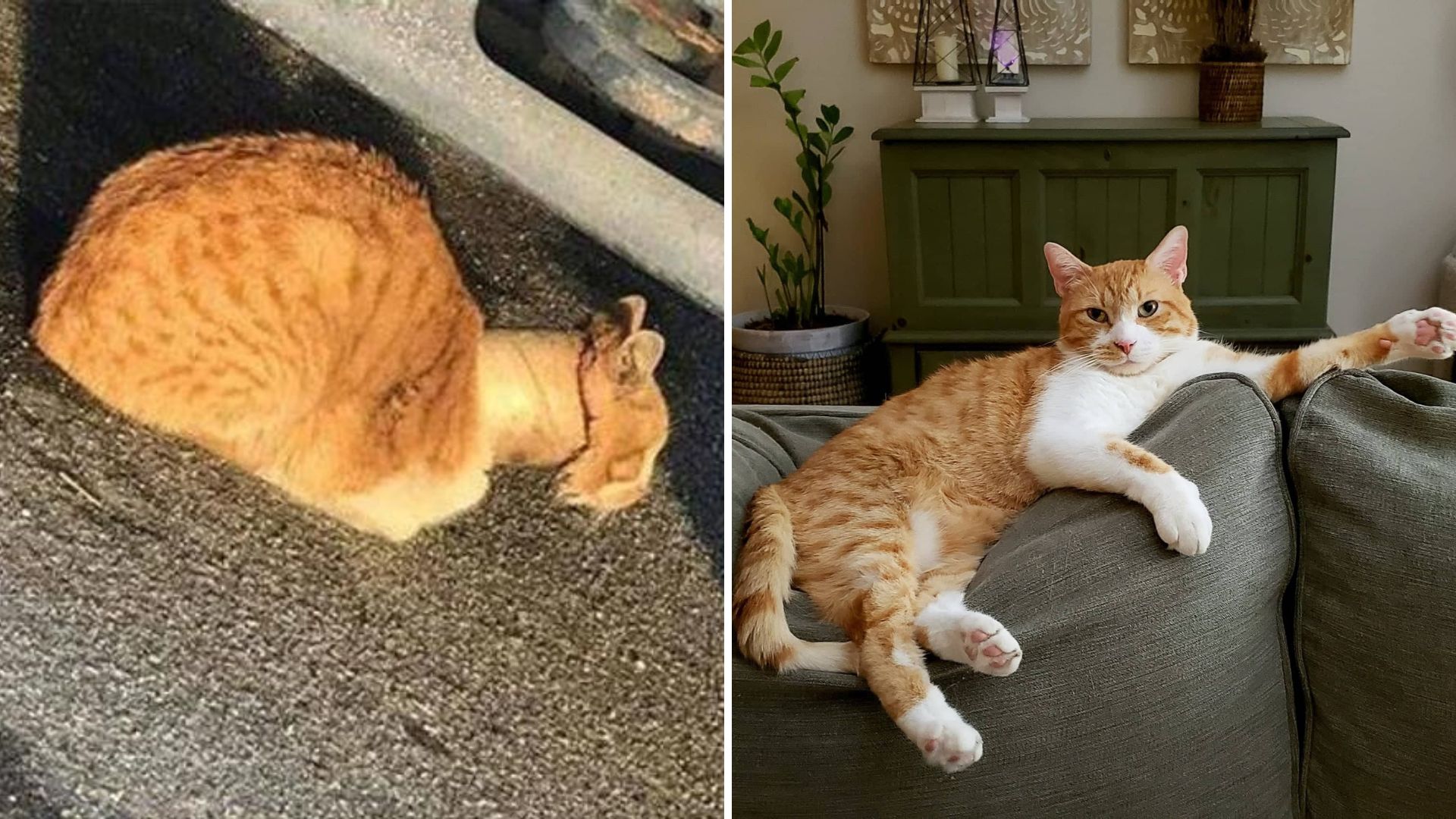Pet owners have different perspectives on a lot of things than those who don’t have any pets. All kinds of pets need specific care and food to be healthy and vital. Their human parents are in charge of providing the best living conditions for them.
Yet, every pet parent knows that each animal has different needs. Like humans, every pet is an individual for itself. They need different food and toys, and they get excited by different things. Some of them love company, others are introverts. Therefore, it’s essential to get to know your four-legged friend well.
If you are a proud cat owner, be aware of what kind of care these animals need. You have to give them quality, well-balanced meals, and treatments in case of the disease. Also, you must take care that your pet gets the necessary dose of physical activity. Of course, you have to give your cat a lot of love and attention.
As seen on the link below, cats can make your life better in many ways:
Keeping your cat healthy mostly comes from their daily diet. If your pet suffers from any specific health condition or is simply obese, a specific diet regimen is unavoidable. Some food might not be that tasty, and you might have trouble making your feline eat healthily. Remember that weight management is of utmost importance if you want a good and long life for your furball.
As in people, various factors can be triggers for obesity in animals. These are lack of activity, poor diet, genetic predisposition, aging, and even some diseases. Like humans, obese cats can suffer from various health problems and complications.
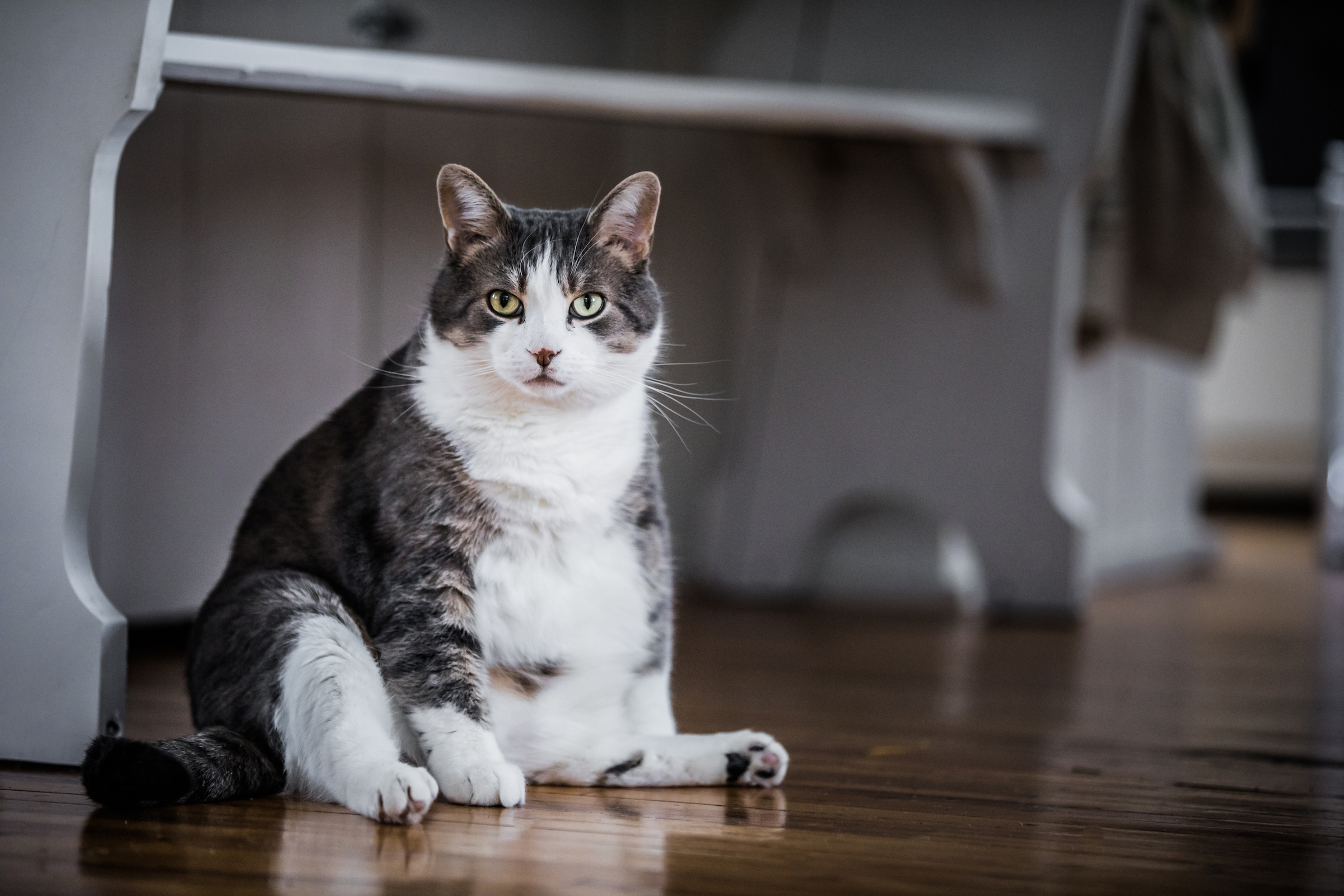
Obesity affects the quality of life and shortens the life span of animals. Kittens with increased body fat are more prone to disease. Excess weight affects the development of inflammatory processes in the animal’s body. These are triggers of most chronic diseases, which eventually lead to premature death.
Fat felines have a harder time to move and play. Their bone structure carries more weight than it’s supposed to take. Additionally, overweight felines won’t be able to do the things they usually do efficiently. Yet, you can put the cat’s mass gain under control by proper weight management. That involves proper nutrition and activity of the animal.
Stray cats don’t have weight issues. But house felines do. Still, it can be challenging to determine if your pet is obese, especially if they have long hair. Also, some types of cats are naturally larger than others, depending on the breed.
Some pets are prone to becoming overweight. If you keep them outside the house all the time, your cat can become lazy and lethargic. That will lead to putting some weight on. In case your feline suffers from excess pounds, you must consult your vet for the next steps.
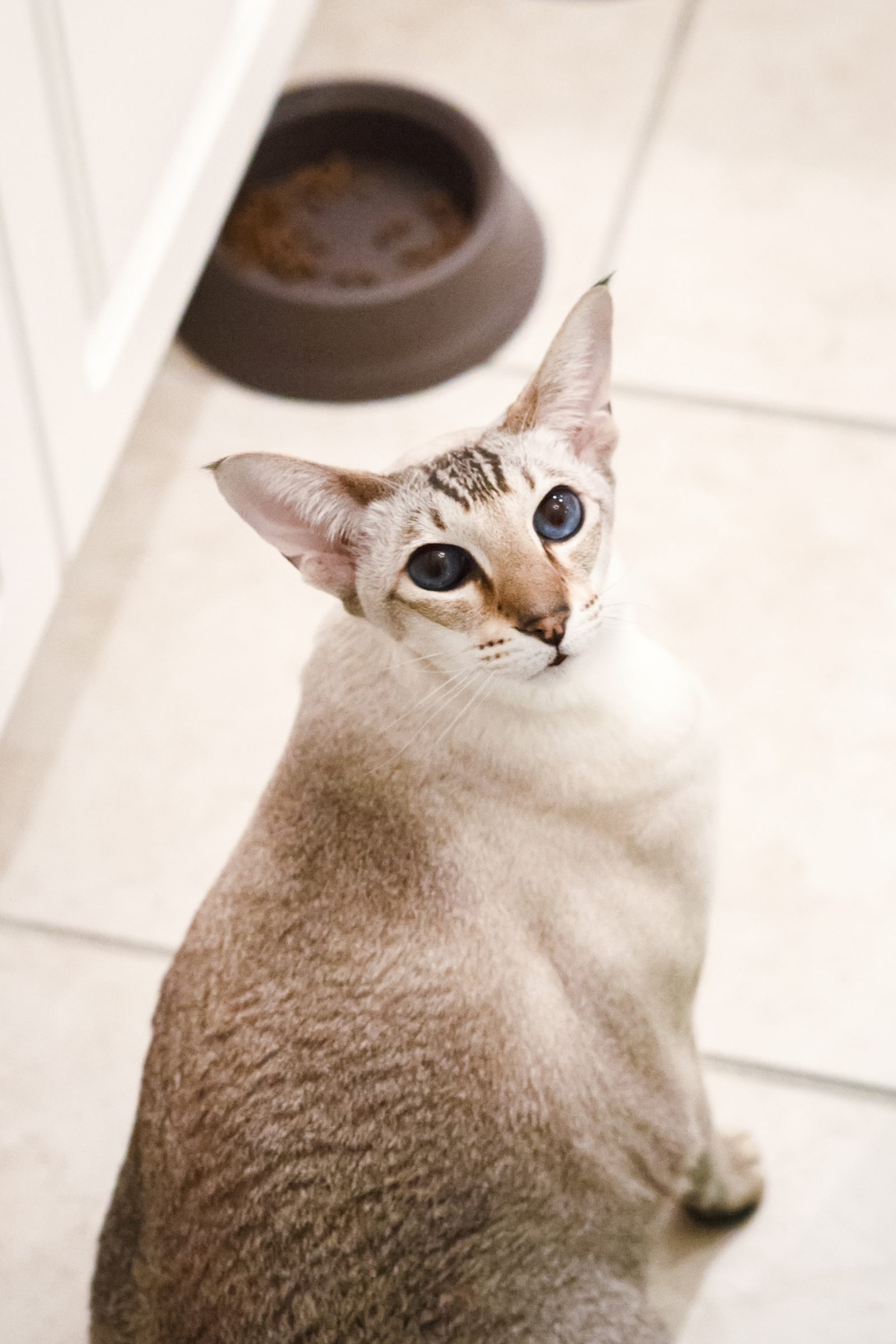
The vet will take a blood sample to learn more about your feline’s health from the blood flow. This way, a veterinarian will gather the information needed for further treatment. Most obese felines can switch to weight management foods that help them lose weight and keep it regulated in the future.
In case your furry pet suffers from any illness that requires a special diet, that regimen might be different than the one intended for cats with excess weight. The list of permitted diet cat food might differ. In any of these cases, you must consult your vet before changing your pet’s diet.
Depending on the animal’s health situation and dietary needs, various foods are available in the market. If you’re skilled in meal prep, you can also cook for your pet. The goal is to adhere to the prescribed weight management plan for your furry buddy.
In case your pet is chubby, but it doesn’t suffer from any other illnesses, you can try some of the standard dietary foods. Both wet and dry foods can help your cat lose weight while providing your pet with all the necessary nutrients.
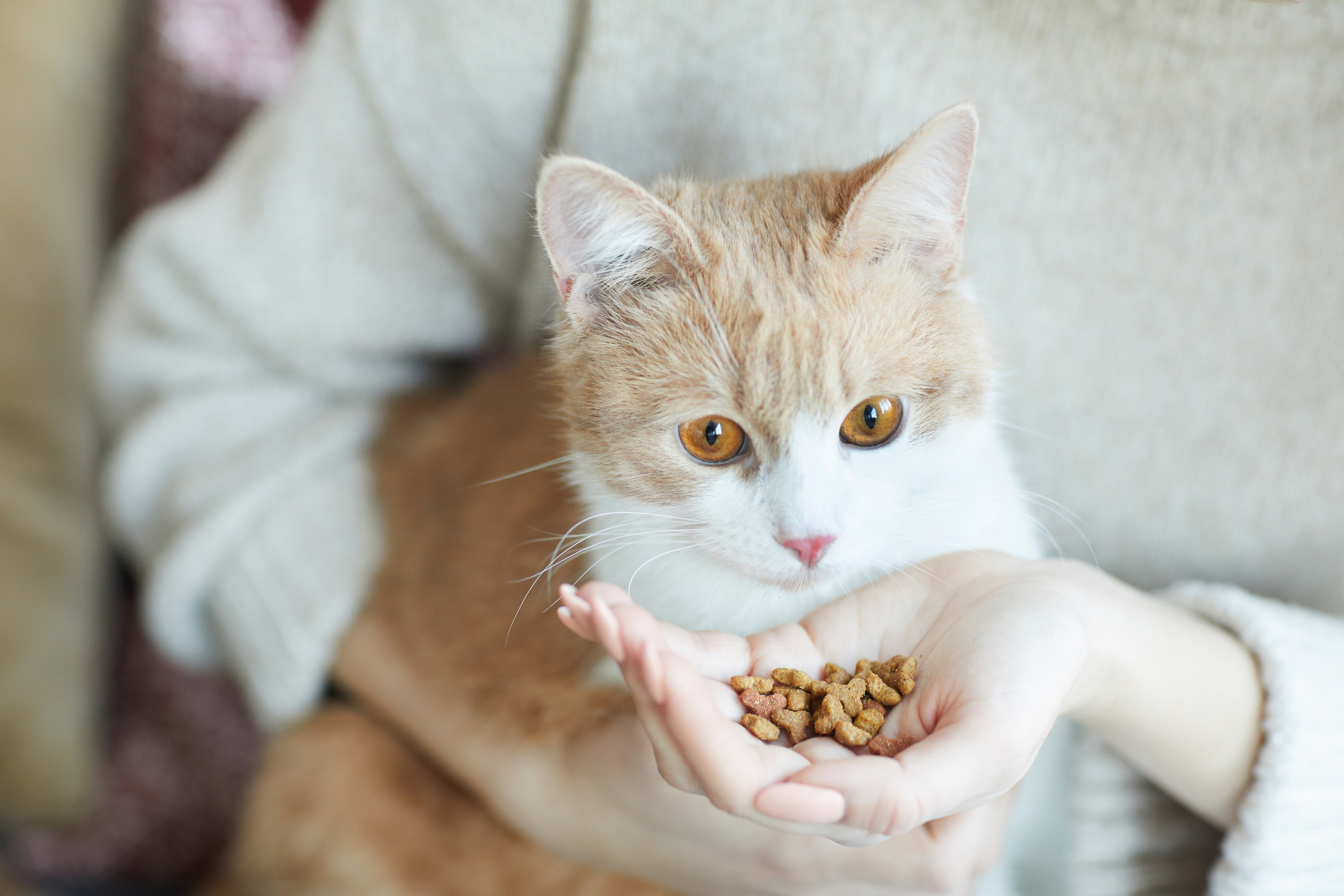
Some commercial foods include more proteins, while others are rich with omega fatty acids. Additionally, some of them also have natural probiotic fibers added to jumpstart your feline’s digestive system. Other essential elements that most of these particular types of food have are linoleic acids. These acids will benefit your feline’s fur and skin, making it shiny and healthy.
Most of these special diet foods offer options like no-grain foods meaning that there are no by-products like wheat, corn, or soy. Moreover, there are both dry and wet food options with a variety of tastes for picky eaters. Talk to your vet to get the best suggestion on the food brand that will suit your fluffy friend’s needs.
Keeping the optimal body mass in your pet is a must. Many health complications may arise if your kitty is overweight. Hormonal changes and high blood pressure are just some of them. Mostly, health issues are similar to the ones that overweight humans suffer from as well.
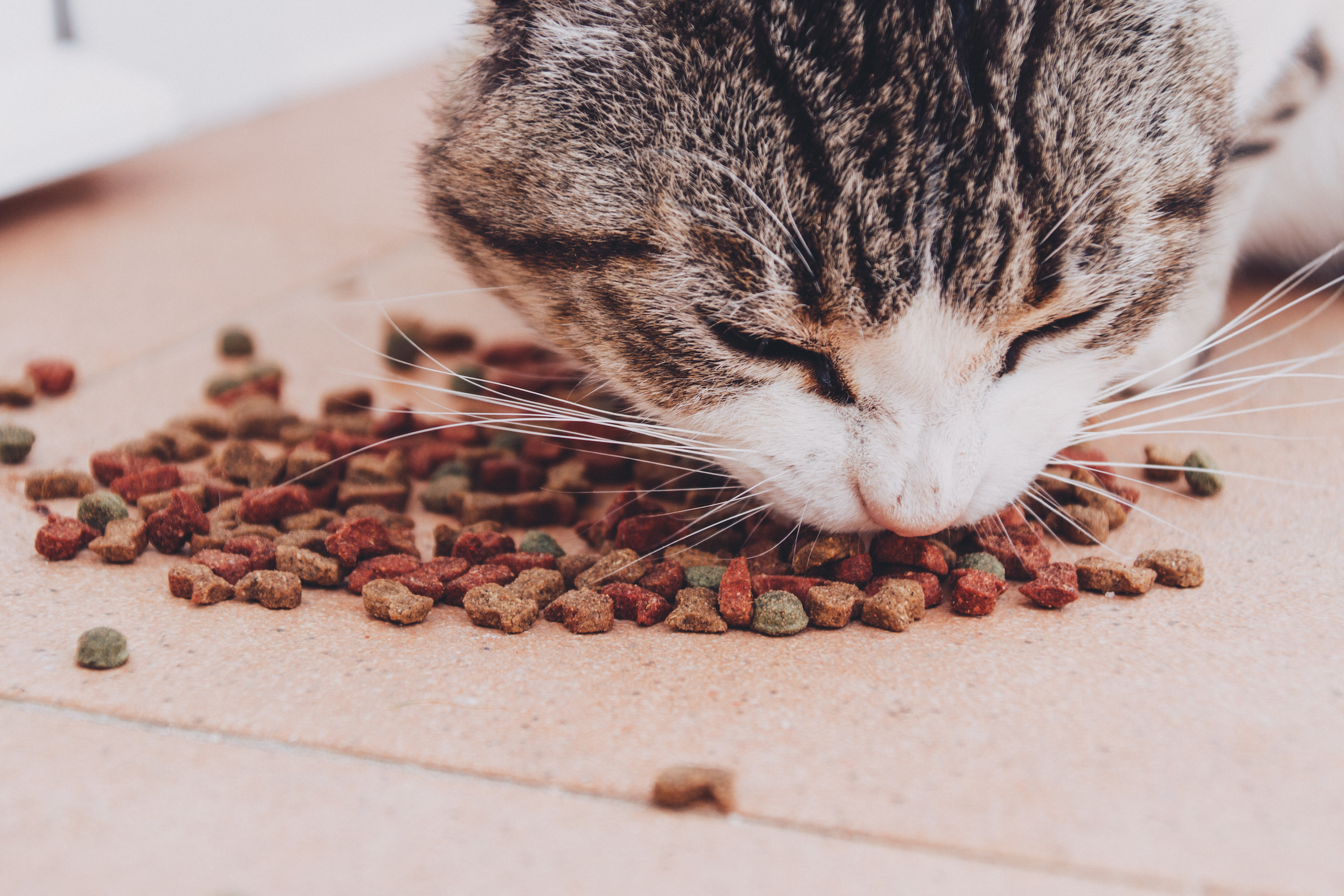
Putting your feline on a diet is not complicated at all. Make sure to consult your vet first. They will make the best-suited weight management plan for your pet. It’s usually about food intake. For example, you might need to enrich the food intake of your pet with proteins or omega 3 and 6 fatty acids. For this regimen to be successful, you can organize physical activities for your feline, depending on their age and health condition.
Fluffy, chubby cats are an adorable sight. Yet, behind that lies a harsh reality. Being overweight in these animals can be very dangerous, even if it is a small excess. Cats are creatures that are very active by nature, and every unnecessary pound can affect their quality of life. Particular types of food will gradually help your feline come down and maintain the desired body mass.
